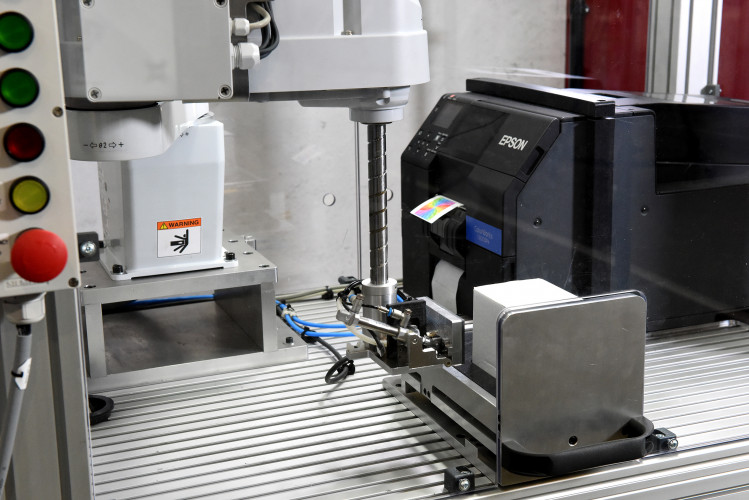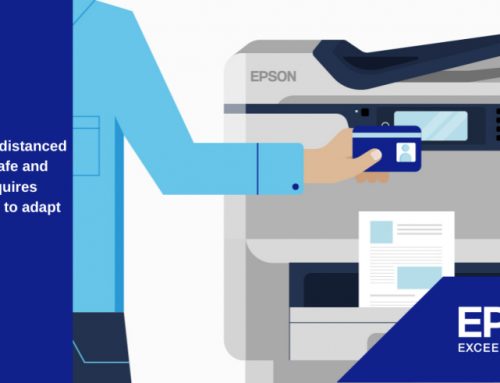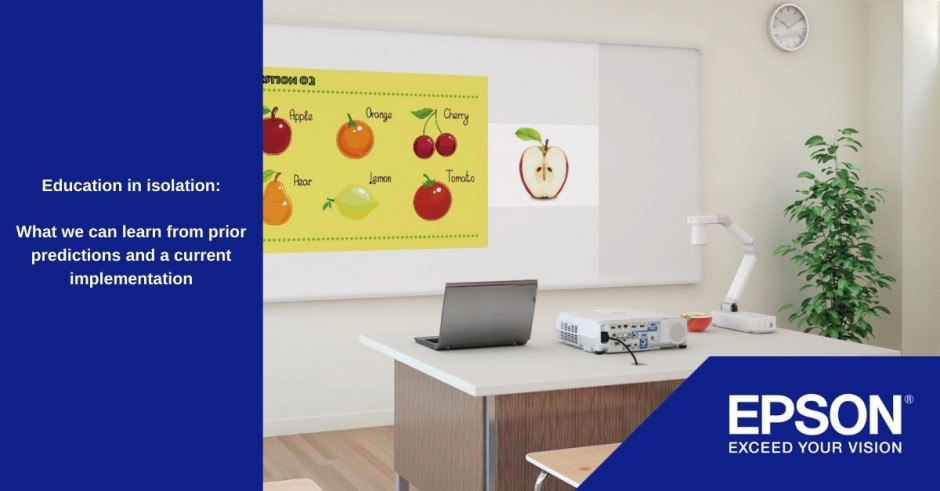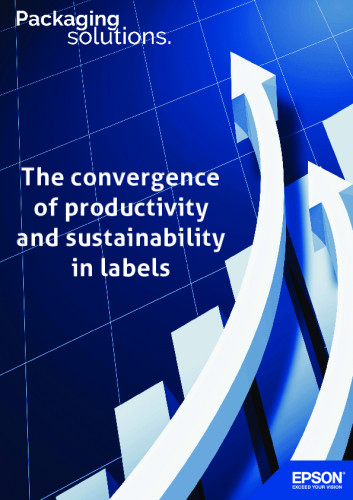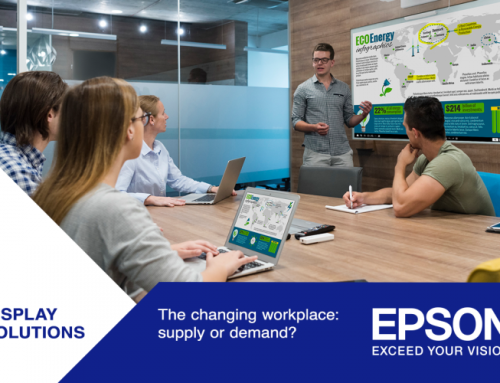The future of retail is ultra-personal
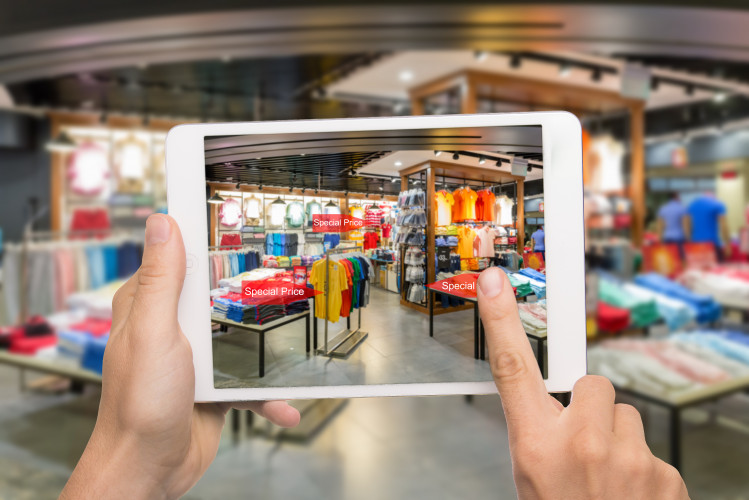
The future of retail is getting personal. According to recent research by Epson exploring the workplace of tomorrow, by 2025 our retail landscape, both online and in-store, will be an ultra-personal environment.
Retail Futurist, Howard Saunders, argues that big data will allow the shopping experience to be tailored and customised for individuals, and European retail workers seem equally positive. According to Epson’s research, which put the thoughts and predictions of industry experts to over 7,000 European business leaders and employees, 72 percent of those working in the retail sector believe they will be able to facilitate better experiences as a result new technology.
Overall, 73 percent of survey respondents see personal devices as increasingly offering the link between customers and stores, with almost half accepting that big data will have a positive impact on the industry. So, what does this emerging personalised landscape mean for the future of retail?
Evolving physical retail
Alongside the data-driven digital revolution, the physical element of retail will need to evolve to keep pace. Over half of respondents in Epson’s research believe that a future without the high street is not plausible. This offers a significant hurdle for a sector beleaguered by the growing challenge of balancing the needs of physical space versus digital competition.
European employees estimate that 56 percent of purchasing decisions will be made in-store by 2025. These are stores which, according to 51 percent of respondents, will evolve to become community spaces where people come together to share experiences with others.
The physical delivery of products will likewise adapt with this new wave of technology. Forty-six percent of European retail workers believe that technology will enable stores to no longer hold stock, but instead produce customised products to meet instant demand.
Augmented retail
Augmented Reality (AR) is predicted to deliver a huge shift in the retail industry. Sixty-nine percent of those interviewed agree that the simulation of products in any environment will help customers envisage their tailored use, with AR providing a unique customer sensory experience. At the same time, 57 percent agree that AR will provide a social and fun shopping experience, creating a sense of community around a given brand.
According to Jonathan Reynolds, Academic Director of the Oxford Institute of Retail Management, AR and Virtual Reality are currently emerging from the peak of their hype-cycle. He argues that their true integration into retail will not take place until they provide a reliable mechanism for everyday experience. Epson’s own research shows that from the perspective of European retail workers, that shift may be far closer than we might think.
The challenge of data
Despite the ambitious future offered by new-technologies in retail, public attitudes to data sharing may still present a barrier. Customers could be reluctant to accept the trade between data ownership and customised experiences. In addition, 63 percent of respondents think the cost of new-technology will provide a challenge, and 40 percent agree that a lack of training for employees could also have an impact.
It seems the future of technology raises important questions about the relationship between retailers and their customers, and one that will need to be addressed if retailers are to realise the full opportunity of technological transformation.
Want to know more?
The full report has all the insights, you can download it here






